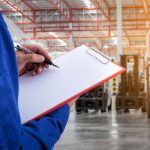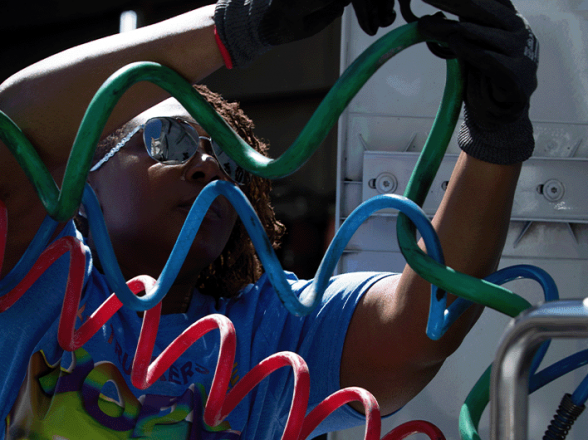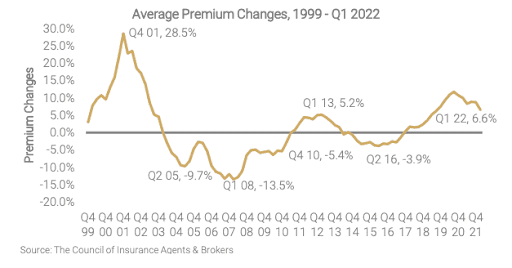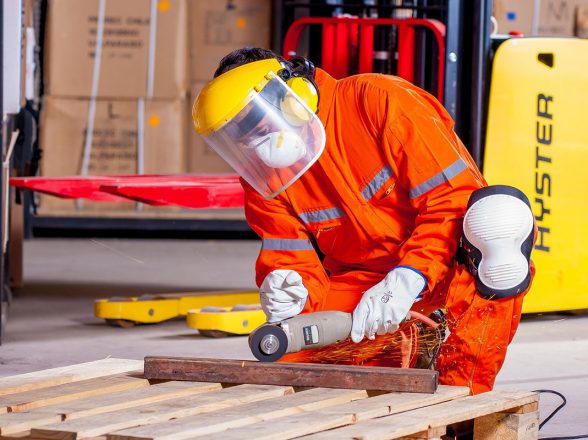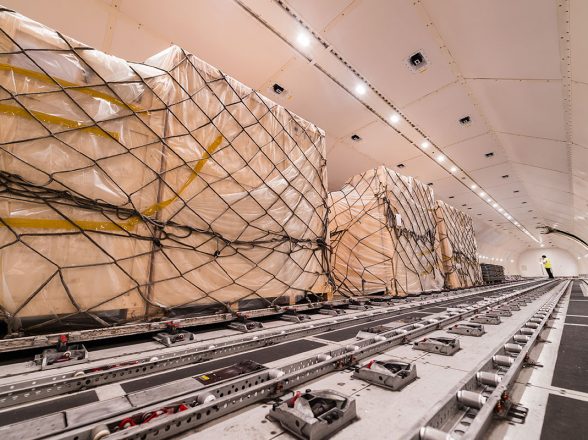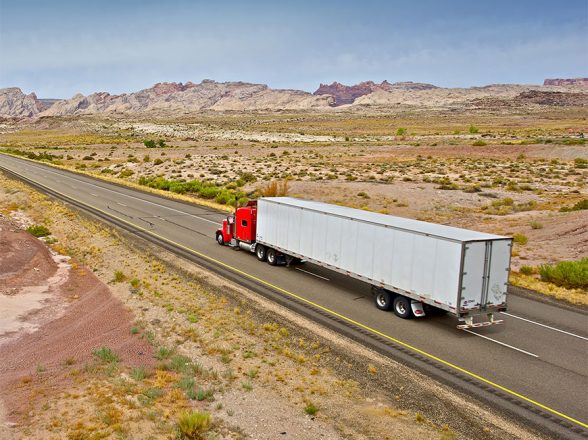ESSE news
Blog
BlackBerry: still a physical keyboard
When you got to go, you got to go. Most people don’t give it a second thought. A washroom is most likely down a hallway at home, where many are working after the pandemic hit, or at a workplace.
Speaking from personal experience, it isn’t so easy for truck drivers. The vehicle is their workplace, moving between shippers and receivers, yards and warehouses.

First, good luck trying to a washroom along your route. That could take time, so hold it in.
Second, there must be sufficient place to park safely – we are talking 72 feet here – and place to pull in and out. Still holding it in.
Third, and the most important, will the driver be allowed to use the washroom when they reach a customer? Sometimes, the answer is no. No choice now, keep holding it in.
“Companies that don’t allow drivers to use their facilities should be put on a blacklist,” said Paul McKechnie, a longhaul driver. “If I go to a company and need to use their washroom and they say no, I’m going to drive away. I won’t put up with it.”
Don’t you get upset at a store or mall if a washroom is closed for cleaning or maintenance? Now you must find another one, and it is rather inconvenient.
It is easy to forget drivers are human beings. They are forced to resort to answering nature’s call in the open or using other options (search ‘pee bottle’ on Google). Women drivers face additional challenges. It is a horrible situation not of their making.
Amandeep Grewal, local driver said, “Out of 10 places I visit, may be one or two will offer washroom access to drivers. I return to my company after every two or three hours during my shift and use the facilities. At some places, they say we can’t use their washrooms and point us to a spot between trailers to answer nature’s call.”
Earlier this week, the Ontario government introduced legislation that would allow truck drivers access to company washrooms at businesses where they are delivering or picking up items.
Consultations conducted by the Ontario Workforce Recovery Advisory Committee have indicated that truck drivers, couriers, and people who deliver food, are often denied use of a washroom at businesses they serve.
Some companies don’t want drivers to use their facilities and direct them to portable toilets in the yard. These plastic human waste receptacles are hot or cold (depending on the season), filthy, vile places. Ever been to one at a park, festival, or picnic area? Hold your breath, hope for the best and open the door.
When I drove a truck and had to use portable toilet, I used to cringe. I almost always exited them with senses overwhelmed, traumatic images etched in my mind and wanting to throw up. Most people visit them occasionally, drivers use them on an almost daily basis.
“You can’t hold back nature’s call,” said Satinder Goindi, an owner-operator. “Some drivers have health issues, take medications, and need to use the washroom. Portable toilets at some places are filthy as they are not cleaned regularly. Running water must be provided.”
Many portables don’t have running water. How do you wash your hands? You don’t. Make sure you have sanitizer handy. If you don’t, then carry germs into your truck and take them to your next delivery or pickup. Worse, take them home and infect your loved ones.
“When I get to a customer and ask to use the washroom, sometimes I am denied access,” said owner-operator Amir Zaidi. “They will do business with us but won’t offer us basic human facilities. I am a Muslim and pray five times a day. I need running water for my rituals before my prayers, which is obligatory for me. It is a problem that I face.”
By the time you are done reading this, a driver may be still holding it in. If it takes legislation to enforce a basic human right, relief cannot come soon enough.




